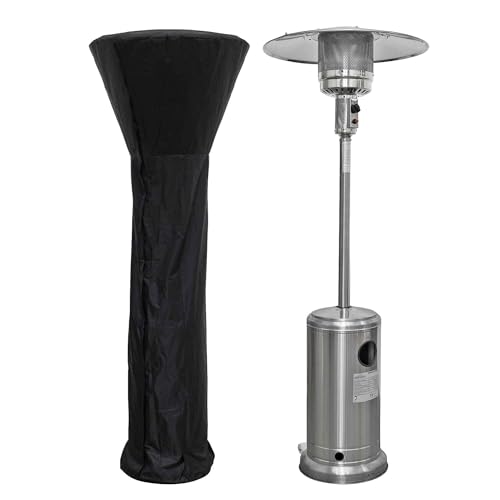Pros and Cons of Using a Ceramic Heater
When it comes to choosing a heater for your home or office, there are several options available. One popular choice is a ceramic heater. Ceramic heaters are known for their ability to provide quick and efficient heating while being compact and portable. However, like any other heating appliance, ceramic heaters also have their pros and cons. In this article, we will explore the advantages and disadvantages of using a ceramic heater.
Advantages of Using a Ceramic Heater
1. Energy Efficiency: Ceramic heaters are known for their energy efficiency. These heaters use ceramic plates to generate heat, which allows them to heat up quickly and distribute the warmth evenly. As a result, they can provide effective heating while consuming less energy compared to other types of heaters.
2. Safety: One of the biggest advantages of ceramic heaters is their safety features. Most modern ceramic heaters are equipped with built-in safety mechanisms such as tip-over switches and overheat protection. These features ensure that the heater shuts off automatically if it is accidentally tipped over or if it becomes too hot, reducing the risk of fire or other accidents.
3. Portability: Ceramic heaters are typically lightweight and compact, making them highly portable. You can easily move them from one room to another or even take them with you when traveling. This portability allows you to have warmth wherever you go, whether it’s in your office, bedroom, or camping trip.
4. Silent Operation: Unlike some other types of heaters, ceramic heaters operate silently. They do not have a fan to distribute the heat, resulting in a noiseless operation. This makes them an ideal choice for bedrooms, nurseries, or any other quiet space where you don’t want to be disturbed by the sound of a heater.
5. Quick Heating: Ceramic heaters have a rapid heating element that allows them to warm up quickly. This means you don’t have to wait long for the room to reach a comfortable temperature. The quick heating feature of ceramic heaters makes them energy-efficient as well since they don’t have to run for an extended period to provide warmth.
Disadvantages of Using a Ceramic Heater
1. Limited Heating Range: Ceramic heaters are typically designed to heat smaller areas rather than large rooms or open spaces. If you have a large room to heat, you may need multiple ceramic heaters to achieve the desired warmth. Additionally, ceramic heaters may not be the best choice for rooms without proper insulation as they may struggle to maintain a consistent temperature.
2. Cost: While ceramic heaters are generally affordable, the cost can vary depending on the brand and features. Some high-end models may be more expensive compared to other types of heaters. However, it is essential to consider the long-term energy savings and durability of ceramic heaters to determine their cost-effectiveness.
3. Limited Heat Retention: Ceramic heaters provide immediate warmth but may not retain the heat for an extended period. Once the heater is turned off, the warmth dissipates relatively quickly. This can be a disadvantage if you are looking for a heater that can keep the room warm for a more extended period without running continuously.
4. Dry Air: Ceramic heaters tend to dry out the air in the room. This can be an issue in areas with low humidity, as it can contribute to dry skin, sinus problems, and other respiratory issues. To mitigate this, you can use a humidifier or place a bowl of water near the heater to add moisture to the air.
5. Fragility: While ceramic heaters are generally durable, the ceramic heating elements can be fragile. Dropping the heater or mishandling it can result in damage to the ceramic plates, rendering the heater inoperable. It is essential to handle ceramic heaters with care and avoid any rough handling or accidents.






